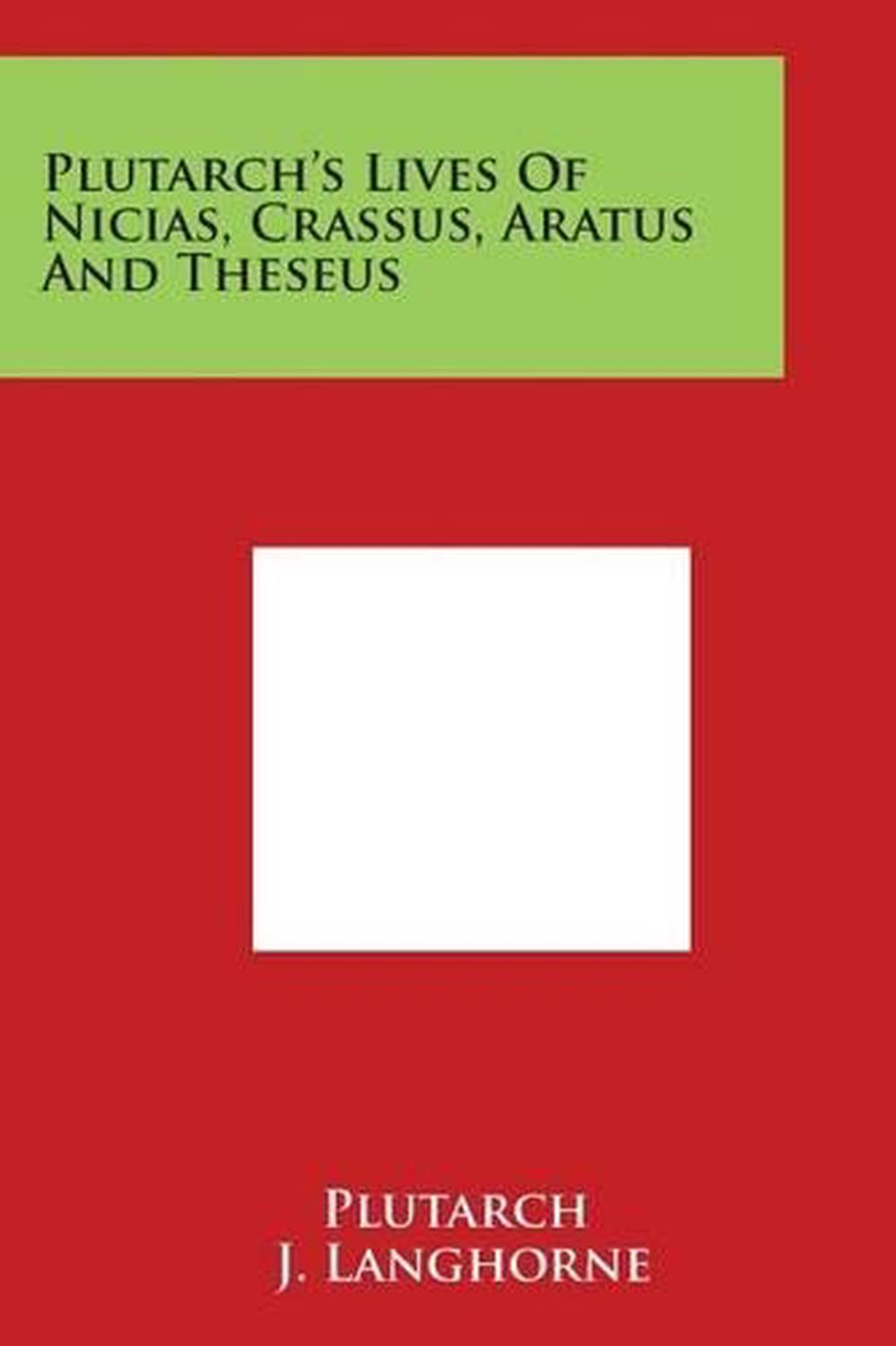

At least 120 were Spartiates, who had recovered by 424 BC, when the Spartan general Brasidas captured Amphipolis. In 425 BC, the Spartans had lost the battles of Pylos and Sphacteria, a severe defeat resulting in the Athenians holding 292 prisoners. The Peace of Nicias was a peace treaty signed between the Greek city-states of Athens and Sparta in March 421 BC that ended the first half of the Peloponnesian War. This episode illustrates the difficulty of securing a lasting peace through negotiations when neither side holds a decisive military advantage, and especially when the war has involved coalitions of states whose vital interests and war fortunes may differ.The treaty is named for Athenian Statesmen and General Nicias. In her weakened condition, Sparta was unable to force her allies to comply with the terms of the peace, and her failure to do so sparked a movement toward a renewal of the war. Athens was, however, unable to wring maximum advantage from her superior position in 421, because her war strategy had weakened Sparta without inflicting commensurate damage on Sparta's allies, and it was from these allies that the most vital political and territorial concessions in Athens' favor might have been won. The Peloponnesian League was on the verge of total collapse when the Peace of Nicias was signed.

She had effectively demonstrated Sparta's inability to redress the grievances of her allies. Had its terms been implemented, Athens would have gained the objectives set forth by Pericles at the beginning of the war. The Peace of Nicias nevertheless marks, both implicitly and explicitly, a limited victory for Athens. This war pitted Sparta's land based coalition, the Peloponnesian League, against Athens' highly regimented naval alliance, and neither side was able to achieve total victory.

The Peace of Nicias, signed in 421 B.C., was an attempt to end the Peloponnesian War after ten years of fighting.


 0 kommentar(er)
0 kommentar(er)
